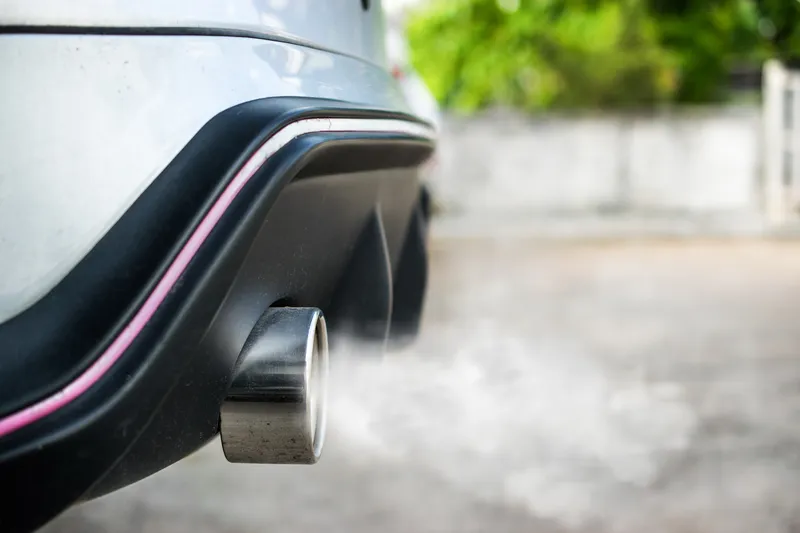Funded in part by Innovate UK’s Low-Emission Freight and Logistics Project, the Reduced-Emission Logistics (RED-E-LOG) trial will see one of the UK’s largest fleet operators trial the effectiveness of dedicated (spark-ignited) gas and dual-fuel direct injection methane-diesel trucks in completing demanding-duty cycles for consumer brands such as Whitbread, owner of Costa Coffee, Premier Inn and Virgin.
Kuehne + Nagel will trial 29 dedicated gas and direct-injection, dual-fuel methane/diesel trucks, which will refuel with liquid biomethane from a depot-based liquefied biomethane (LBM) station. Liquefied biomethane is a sustainable and renewable fuel derived from waste.
The project aims to reduce total cost of ownership and deliver emissions savings. Producing less CO2, NOX and particulate matter (PM), gas-powered trucks are particularly attractive to fleets operating in urban areas, as seven UK cities will introduce air-quality zones by 2020.
The project aims to prove the reliability, emission savings, cost savings, and practical use of low-emissions HGVs in the UK’s most demanding logistics operations. Currently, the logistics industry accounts for 17 per cent of all UK road-transport emissions. Working in partnership, Kuehne + Nagel will manage the trial, Microlise will manage fleet telematics to capture detailed vehicle data and Emissions Analytics will provide independent emissions testing to quantify the emissions performances of the new vehicle technologies. Cenex will share trial findings with UK logistics operators, and use them to encourage investment in low carbon solutions for demanding-duty cycles.
New UK study trials effectiveness of low-emission HGVs
Cenex, the UK’s Centre of Excellence for low carbon technologies is to partner with logistics provider Kuehne + Nagel to trial the effectiveness of low-emissions heavy-goods vehicles (HGVs) operating as parts of large fleets with demanding-duty cycles. Funded in part by Innovate UK’s Low-Emission Freight and Logistics Project, the Reduced-Emission Logistics (RED-E-LOG) trial will see one of the UK’s largest fleet operators trial the effectiveness of dedicated (spark-ignited) gas and dual-fuel direct injecti
July 25, 2017
Read time: 2 mins
Cenex, the UK’s Centre of Excellence for low carbon technologies is to partner with logistics provider Kuehne + Nagel to trial the effectiveness of low-emissions heavy-goods vehicles (HGVs) operating as parts of large fleets with demanding-duty cycles.







